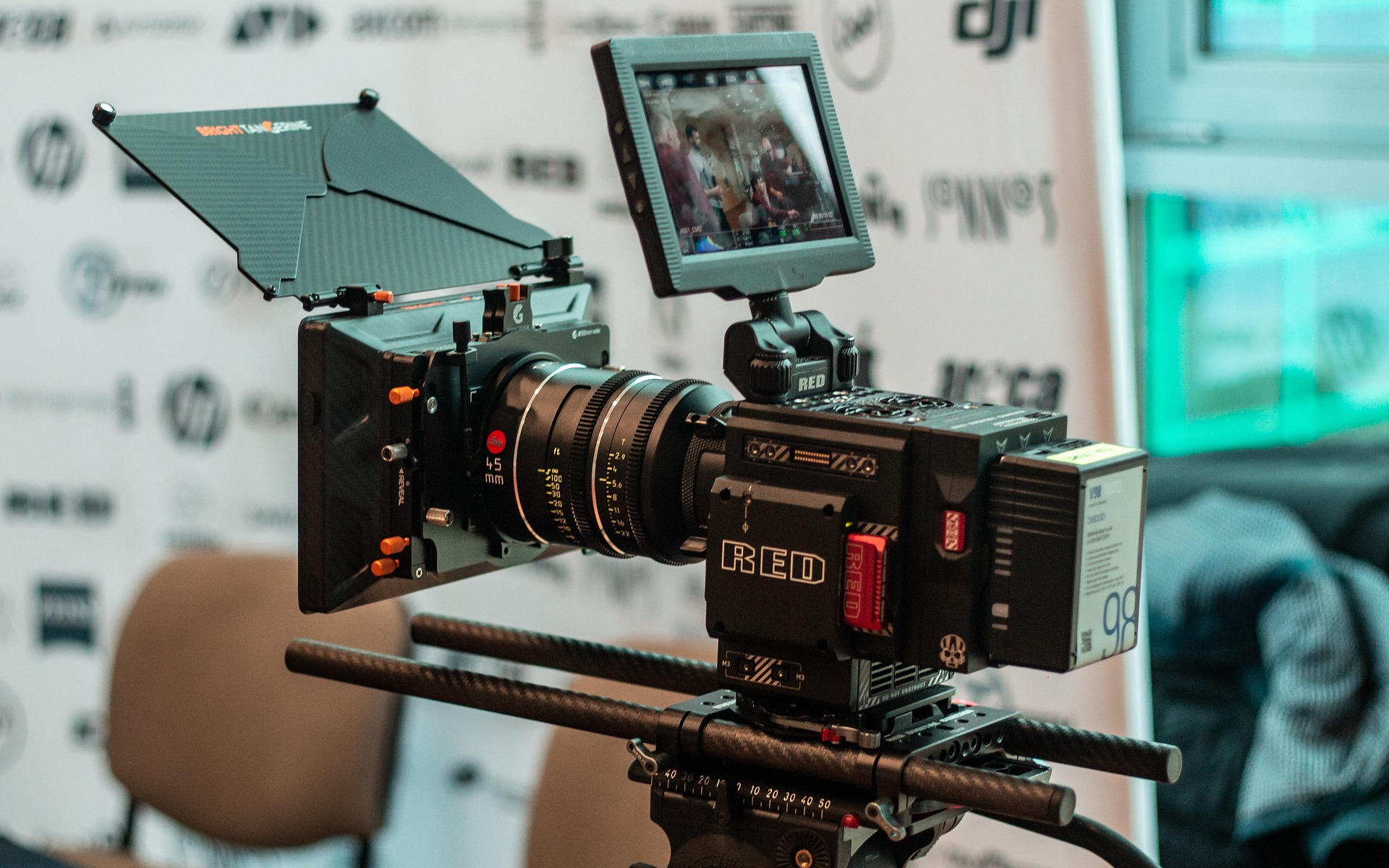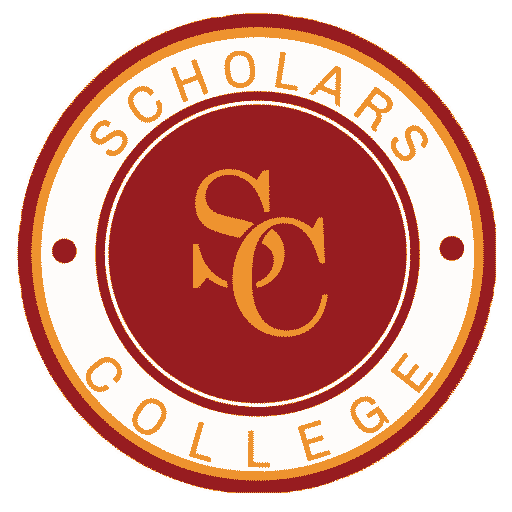
About Course
A Videography Short Course teaches the essentials of creating compelling videos using cameras, editing software, and storytelling techniques. Designed for beginners and hobbyists, it covers shooting, editing, and producing professional-quality videos for personal, social media, or professional use.
Key Points:
- Duration: Typically, 6-12 weeks, offered online or in-person.
- Core Skills: Camera operation, video composition, lighting, audio recording, and editing.
- Tools Covered: DSLR/mirrorless cameras, smartphones, and software like Adobe Premiere Pro, Final Cut Pro, or DaVinci Resolve.
- Learning Methods: Hands-on shooting, editing projects, and instructor critiques.
- Suitability: Ideal for content creators, marketers, or anyone interested in video storytelling.
- Outcomes: Ability to produce polished videos, from concept to final edit, for various platforms.
